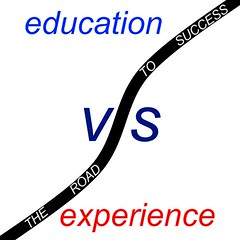 A recent survey from Xerox Corp. shows the general public is still very much in the dark when it comes to EHRs.
A recent survey from Xerox Corp. shows the general public is still very much in the dark when it comes to EHRs.
But while one obvious and necessary response to the findings would be to ramp up public education efforts, policymakers should remember that providers, who are the main point of contact between patients and their records, still need to be educated, too.
Not surprisingly, the survey found that there’s still considerable anxiety among the public about the use of EHRs, with “nearly 80 percent . . . indicat(ing) stolen personal information by a computer hacker to be their number one worry, followed by the threat of lost, damaged or corrupted records at 64 percent and the misuse of information at 62 percent.”
Perhaps the more telling finding, however, is that “only 18 percent ... of U.S. adults who have a healthcare provider have been approached by their provider to discuss EHRs.”
This isn’t really surprising, as, despite the level of focus on HIT from policymakers and advocates, many providers are still just coming up to speed themselves.
To cite one example we just experienced first-hand, yesterday we took our daughter to a new doctor at a hospital we’re comfortable calling “state-of-the-art”. Naturally, in addition to addressing our personal concerns, we took the opportunity to observe the recording and flow of information throughout the appointment, as well as to ask a few general, background questions.
Briefly, the PA who checked us in was pretty conversant with the EHR system the hospital uses, though she pointed out that it was a bit out of date and staff training was spotty, with new hires getting no training at all.
As for the doctor, despite the presence of a sleek, movable computer console, she took all her notes by hand, and admitted when we later asked that she usually typed her notes in later because she hadn’t quite gotten used to talking to patients and working the EHR simultaneously.
Finally, our daughter’s records from her primary care physician had to be faxed to the specialist because, lo and behold, the two institutions were on different EHR systems.
In short, the medical professionals with whom we interacted are clearly committed to EHRs, but they have a ways to go before they’re going to be taking the time, or even feel comfortable enough in their own right, to educate their patients about the projected benefits.
Policymakers, take note.

















